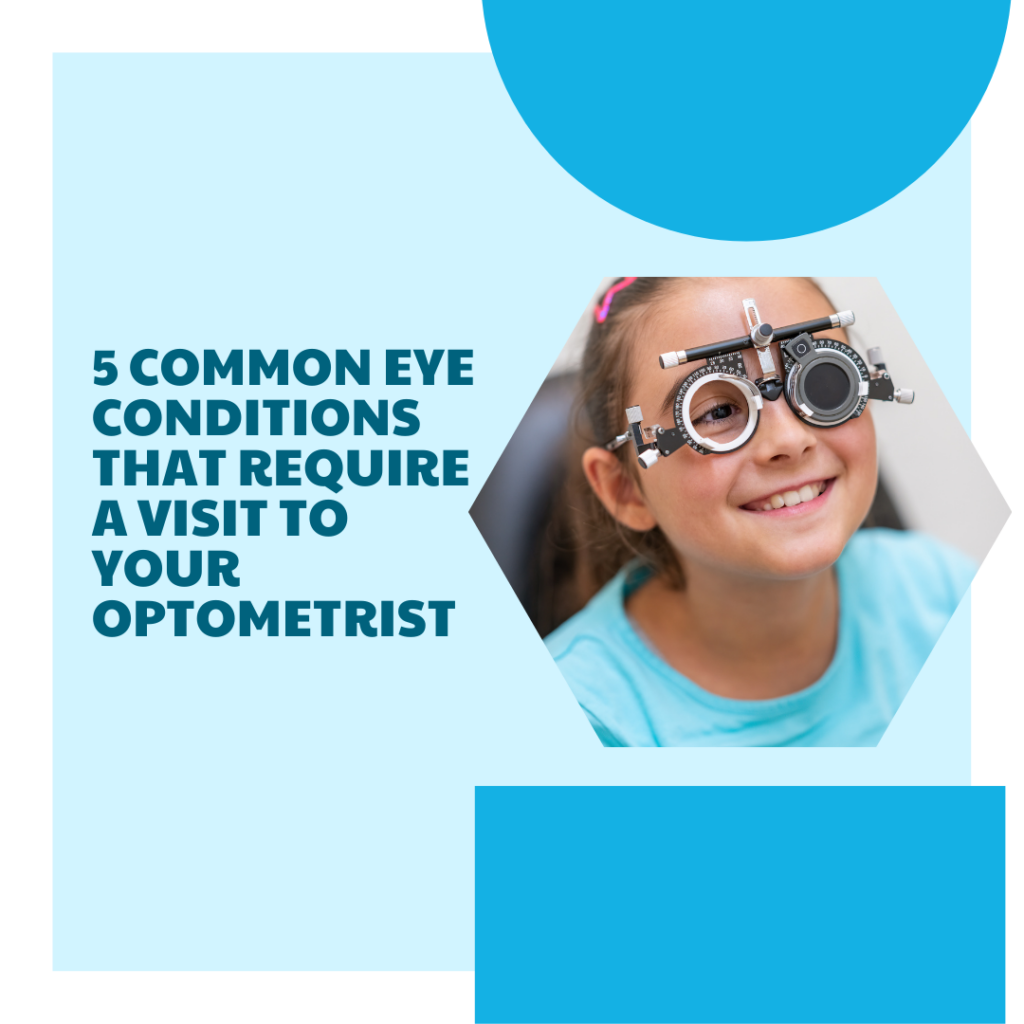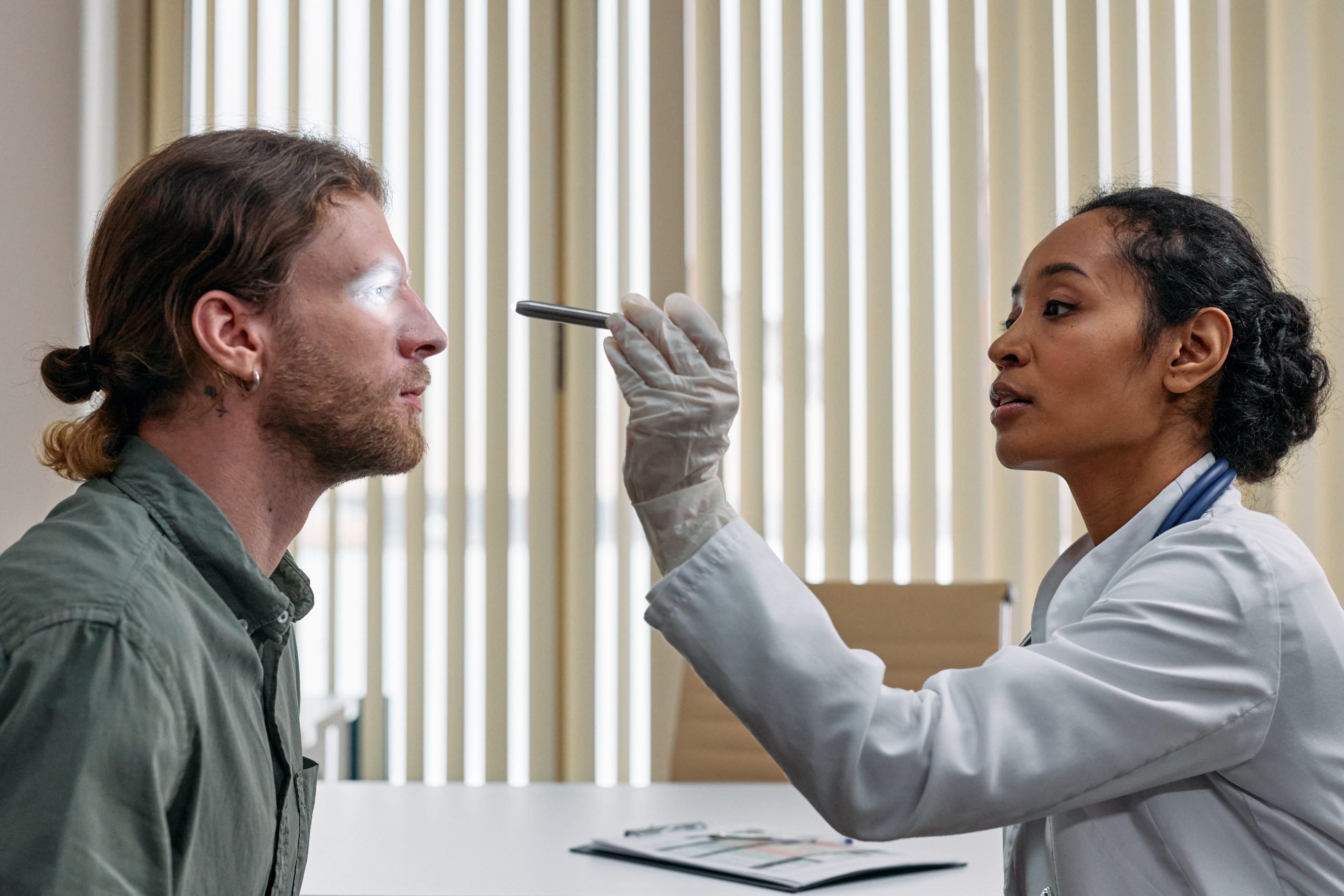5 Common Eye Conditions That Require A Visit To Your Optometrist

Most people whether men, women, or kids — have visited an eye clinic at least once in their lifetime. On the one hand, eye conditions such as low vision, dry eyes, itchy eyes, or eye infections caused mainly due to time spent on screens have necessitated a visit to this clinic. On the other hand, the need to adjust one’s vision with a new set of specs/lenses would also warrant a trip to the optometrist. Regardless of the reason, we can all agree that optometrists play a vital role in our health, thus, knowing how to choose the right one is important.
Also Read: –Finding Reliable Health Information- Important Things to Remember
Who is an Optometrist?
An optometrist is a medical professional trained to provide primary vision care. This can be anything from diagnosing eye conditions, examining a person’s sight for issues and functionality, treating a number of eye diseases, and also writing prescriptions for specs/lenses. That is to say, they are qualified to check the patient’s vision by conducting eye exams that help diagnose the exact power of the specs/lenses a person requires. Although an optometrist isn’t quite a medical doctor, they are licensed practitioners approved to care for the general state of our eyes.
When choosing an optometrist, ensure that the person has completed an authentic optometry degree. Also, most optometrists are qualified to write prescriptions for medicines and lenses. Therefore anyone who is not providing a valid prescription may not be qualified to do so or may just be an optician.
Check out 5 common Eye Conditions that Affect Modern-day Adults
1 Dry and itchy eyes
Many people suffer from dry and itchy eyes mainly because of using mobile phones and viewing laptops or screens for an extended period. An optometrist can treat this condition by analyzing the eye and providing the right medicines and therapy.
2 Glaucoma
Glaucoma is a condition where the eye experiences excessive pressure in the blood that flows to the eye and therefore comprises the patient’s vision. Glaucoma tests can be taken by an optometrist and can be treated with medication and with the right eye gear.
3 Eye infections/inflammation
Local and mild eye infection and inflammation caused by heat, bacteria, or other germs can be treated by optometrists by writing out prescriptions that can help relieve the pain and provide relief and treat the eye.
4 Blurred vision

Most people who complain of blurred vision are either due to long-sightedness or short-sightedness. In some cases, the patient may have glaucoma or dry eyes due to which the vision is blurred. The optometrist can take eye exams and help treat the eye with visual aids and medical aids.
5 Adjusting Vision Gear

Optometrists can check for changes in patient power and help recommend the right specs or lenses by conducting eye exams. They can also recommend the types of lenses and provide therapy for the eye to help relieve symptoms of strain on the eye.
Final Notes !
Patients must know the difference between the two and choose a qualified specialist who treats all the above conditions and therefore is a genuine optometrist.










